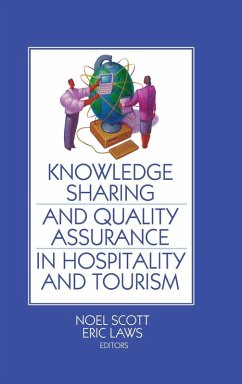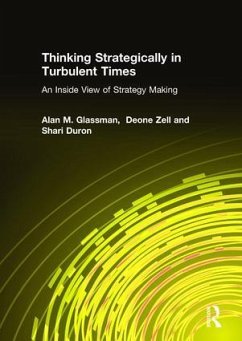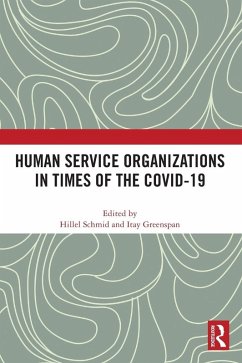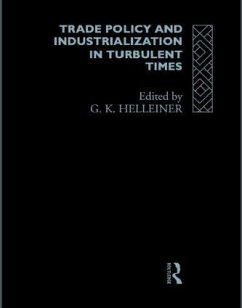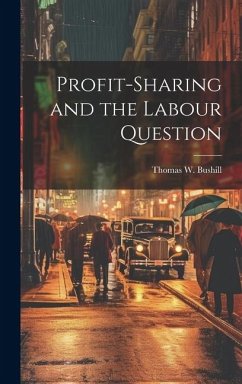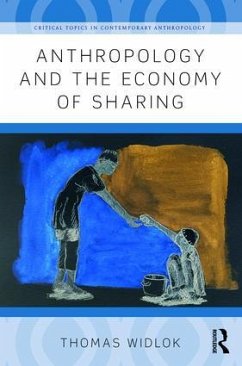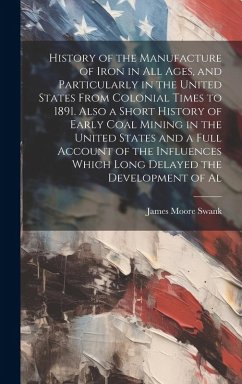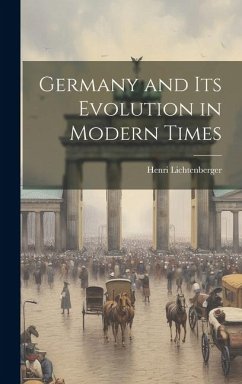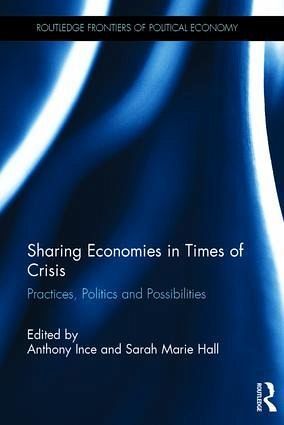
Sharing Economies in Times of Crisis
Practices, Politics and Possibilities
Herausgeber: Ince, Anthony; Hall, Sarah Marie
Versandkostenfrei!
Versandfertig in 1-2 Wochen
166,99 €
inkl. MwSt.

PAYBACK Punkte
83 °P sammeln!
This book stretches far beyond the sharing economy as it is popularly defined, and explores the complex intersections of 'sharing' and 'the economy', and how a better understanding of these relationships might help us address the multiple crises that confront contemporary societies. The contributors to this book explore a wide diversity of sharing systems and practices from various empirical case studies, ranging from hospitality to seed-swapping, and from indigenous land rights to alcohol consumption. In each chapter, a different crisis or vulnerability frames and shapes the study, allowing c...
This book stretches far beyond the sharing economy as it is popularly defined, and explores the complex intersections of 'sharing' and 'the economy', and how a better understanding of these relationships might help us address the multiple crises that confront contemporary societies. The contributors to this book explore a wide diversity of sharing systems and practices from various empirical case studies, ranging from hospitality to seed-swapping, and from indigenous land rights to alcohol consumption. In each chapter, a different crisis or vulnerability frames and shapes the study, allowing contributors to unpick the ways in which crisis and sharing relate to one another in real life.





